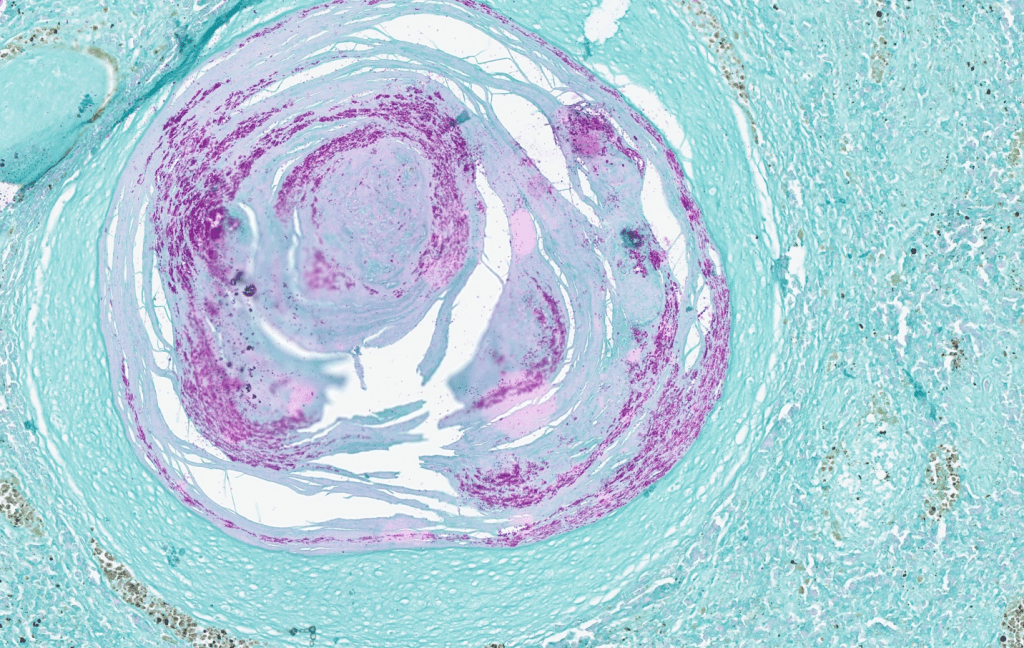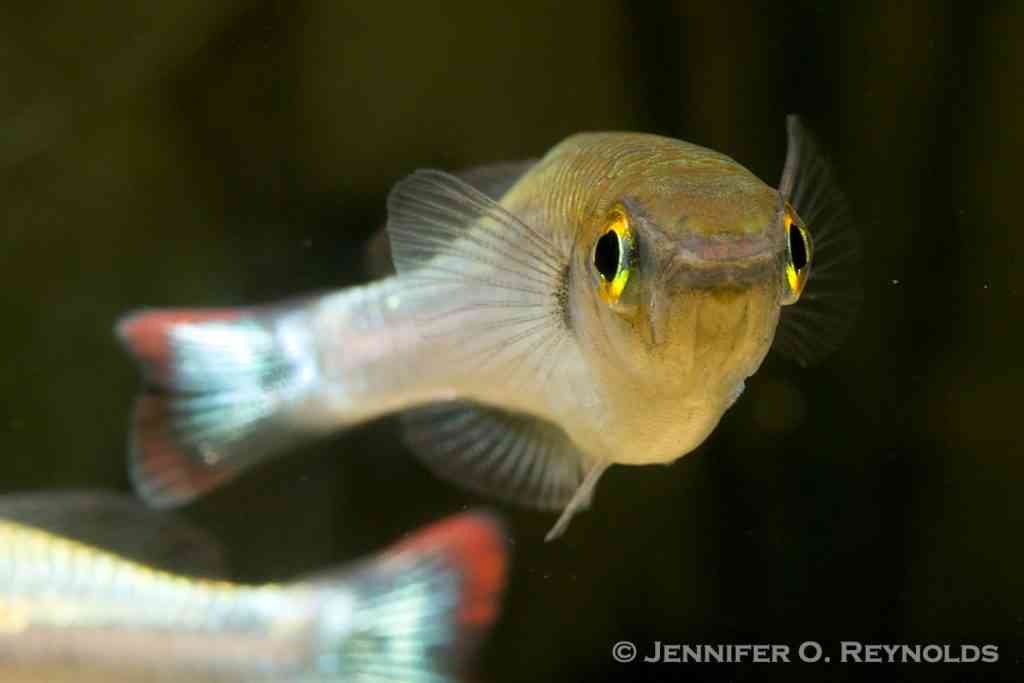Dos and don’ts for aquarists fighting mycobacteriosis

Mycobacteriosis is one of those diseases that long-term fishkeepers will likely encounter in their fish at some point during their time in the hobby. Keeping highly susceptible species such as rainbowfish, syngnathids, and bettas makes dealing with mycobacteriosis inevitable, but it’s safe to assume that every fish you encounter in the hobby has been exposed to and may be infected with mycobacteria. It’s a hard disease to keep out due to its ubiquitous and chronic nature, and it can’t be successfully treated with medications. However, there are mistakes you can avoid and practices you can implement to help limit the effects of this disease in your aquariums.
Don’ts
Do not purchase sick fish.
This includes avoiding purchasing healthy-appearing fish from a population that has sick individuals. If one fish in the tank is sick due to an infectious disease, there is a strong likelihood that healthy-appearing fish in the tank are infected. Be highly discriminating in which fish you select to add to your home aquariums.
Do not overstock your aquarium.
Being conservative with the number of fish in your home aquarium helps ensure good water quality and lower loads of pathogens being shed by fish. Most fish pathogens, including mycobacteria, thrive when fish are in crowded environments.
Do not try to treat mycobacteriosis with antibiotics.
This bacterial infection is impossible to treat with the antibiotics a home aquarist can purchase; even the prescription drugs veterinarians have access to cannot successfully treat mycobacteriosis in fish. It is more effective to focus on removing sick fish and hygiene improvements than to waste time, effort, and money treating with ineffective medications.
Dos
Do maintain excellent hygiene.
This bacterial infection is impossible to treat with the antibiotics a home aquarist can purchase; even the prescription drugs veterinarians have access to cannot successfully treat mycobacteriosis in fish. It is more effective to focus on removing sick fish and hygiene improvements than to waste time and effort treating with ineffective medications.
Do practice proper husbandry for the species you are keeping.
Research the requirements of the fish species in your aquarium and keep them in the right aquarium size, appropriate water conditions and temperature, and feed a proper diet.
Do get the right diagnosis for sick fish.
Having sick fish evaluated by a veterinarian will help you understand why your fish are sick, and a veterinarian can provide evidence-based recommendations for treatment. Misdiagnosis of sick fish is common in the aquarium hobby and results in ineffective treatments.
Do isolate sick fish.
Removing sick fish from your aquarium prevents them from shedding pathogens, including mycobacteria, that can infect healthy fish. Sick fish can be kept in a separate tank until they recover, or humanely euthanized if they are unlikely to recover.

